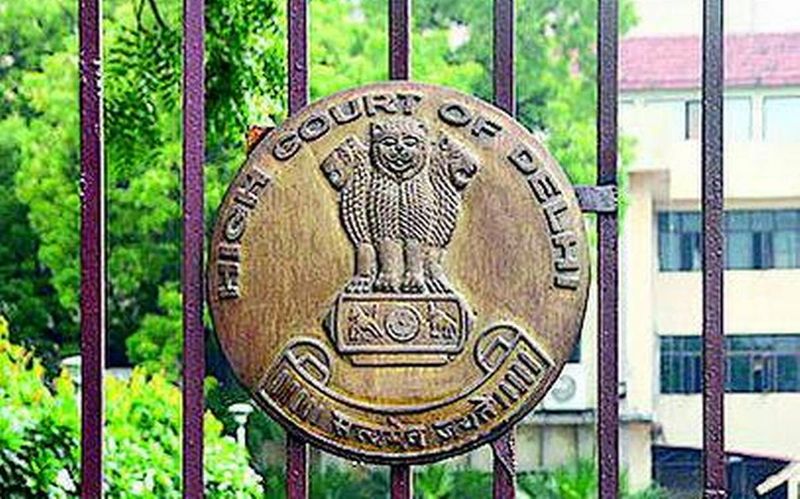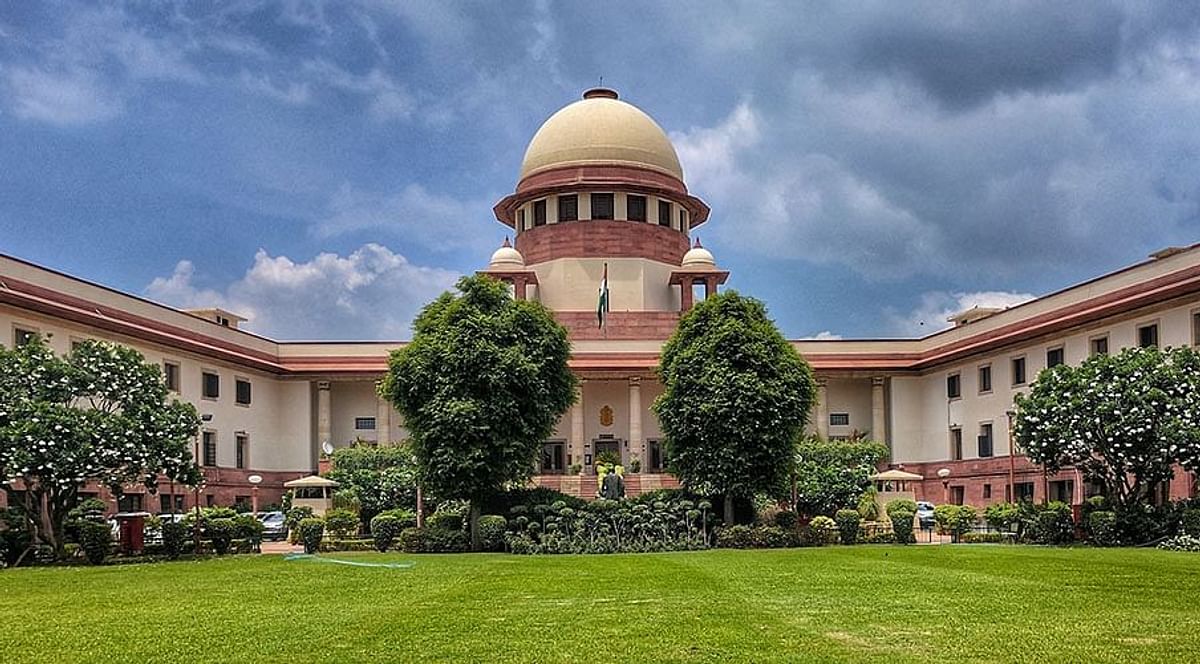India bequeathed an archaic law on same-sex relationship from the British.
A Supreme Court Bench headed by Chief Justice, Dipak Misra should finally rid India of that anachronistic law that criminalised all sex against the course of nature. Section 377 of the Indian Penal Code (IPC) was one of the parts of the penal code that originated from the Foreign and Commonwealth Office in London when India was still subjugated by the British. Entire tomes of laws for various dependencies were written on King Charles Street in London and the joke goes that as the laws were distributed by ship, Africa got them first, followed by India and then Australia. And here is the funny thing, Section 377 exists in the penal code of 42 nations across the world in one form or another but the section number remains the same. Not just in the nations that once consisted of British India but also vast swathes of British Africa and South-East Asia. This section which criminalised sodomy has led to the persecution of many people across the world for decades, primarily because they were men loving other men.
And even though the United Kingdom itself has removed the shackles of its own Victorian morality to become one of the most sexually and gender progressive nations in the world — though not without the persecution of many over the years including World War II cryptographer Alan Turing — some other westernised former colonies got rid of the provision as well — Australia, New Zealand, Fiji and Hong Kong. It is time that India now takes the lead in individual rights/privacy jurisprudence and rids herself of this provision. There is however going to be a problem in changing minds among a large proportion of the public whose world-views are still shaped by Victorian morals. Queen Victoria might have taken a lot of precious stones from India and she certainly bequeathed to us a bunch of stone-age views on so-called morality in return. Views that have not become so entrenched in nations like India that there are people who with a straight face can argue that homosexuality is not just a sin, but against ‘our cultural norms’.
While this columnist will be the first to admit that he is confused by the expanding number of sexualities and gender-identities today, on a very simple basis, same-sex love is not an aberration or a disease like some claim it to be. It has been around in human history for a really long time, the ancient Greeks of course famously celebrated it, but even in some of Hinduism’s older texts India has had a long established tradition of a third gender. Interpretations are still being made on the role of this third gender as an object of sexual desire; however homosexuality, or love between men, has been a reality in India from the ancient Hindu kingdoms through the Mughal court.
However, one has to disagree with those who believe that social stigma towards Lesbian, Gay, Bisexual, Transgender and Queer (LGBTQ) community will disappear overnight thanks to the stroke of a judge’s pen, they have an inflated opinion of the power of the judiciary. Nothing will change overnight among people who grew up pre-1991; and 1991 is the watershed because it was not just economic reforms that came to India but it was also when India’s lowered her cultural barriers and satellite television began broadcasting Western soft-culture. There is today a large acceptance of homosexuality among the erudite, educated English-speaking population of India. But that does not mean that others do not continue to see homosexuality as a threat to their religious values and also propagate crazy and discredited theories about homosexuality being a disease that can be cured. Sadly, there will continue to be hate and violence directed towards the LGBTQ communities, even if Section 377 is struck off or read down and this must be addressed through legal means every single time.
Hate should not be allowed and the most important thing is education. That too will not happen overnight. We will need to build that acceptance of homosexuality in India. Possibly when a famous personality in sports, Bollywood or politics comes out openly will things be seen to be changing. And even though a couple of Bollywood personalities have all but admitted their sexual orientation, the fear of Section 377 and its potential for misuse, especially in a country where busybodies love filing irrelevant cases for media attention and a police force willing to go along, does call for being careful.
The Supreme Court is not looking at the issues of relationships and inheritance. This will need to be legislated, and even social progressives in India should realise that legalising gay marriage may be a step too far in today’s environment. Social changes are occurring in India and the gradual acceptance of homosexuality as a fact of life by the public at large is taking place. This will need to continue for a while. Gay marriage has been a hot-button topic in many western societies as well; in Australia it became a major electoral issue and many countries have resolved this using a referendum. In India, however, there will need to be legislation. But if we are to move towards an Uniform Civil Code, any new marriage act, which should use the Special Marriage Act as its basis, should not differentiate between genders as well.
Writer: Kushan Mitra
Courtesy: The Pioneer








 OpinionExpress.In
OpinionExpress.In















Comments (0)